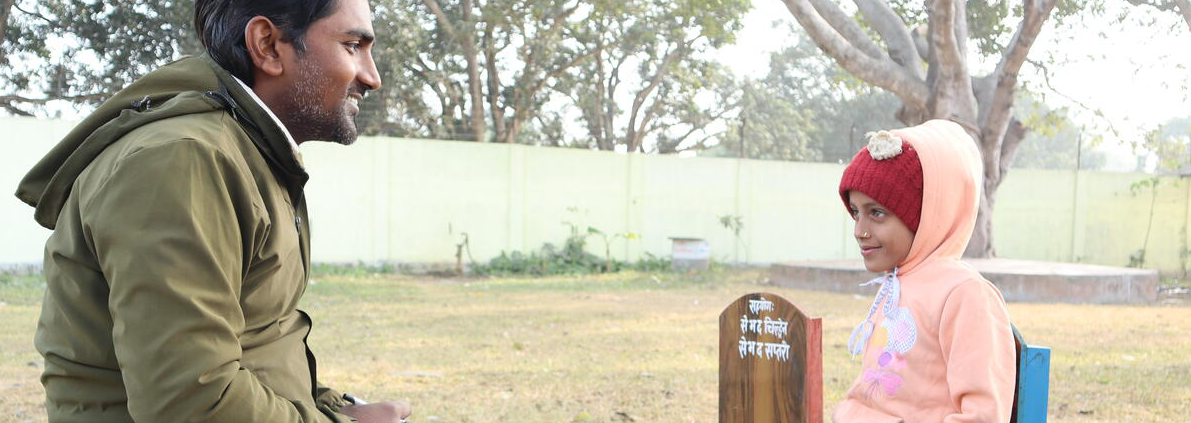በጣም ተጋላጭ የሆኑት ልጆች በኮቪድ-19 ወቅት ልዩ አደጋዎች አጋጥሟቸዋል፡ ኤጀንሲዎች በዝቅተኛ ግብአት እና ሰብአዊ ቅንጅቶች ላይ ወላጅነትን በተመለከተ ከማህበረሰቦች ጋር እንዴት እንደሚገናኙ
Authors: READY, United Nations Office on Drugs and Crime, Johns Hopkins Center for Communications Programs, Right to Play, International Rescue Committee
Evidence suggests that children in low resource and humanitarian settings experienced added mental health burdens and violence in the home during the SARS-CoV-2 (COVID-19) pandemic, which may have affected their health and development. For humanitarian response agencies, conducting child protection services during this pandemic had been constrained by safety concerns related to the risk of COVID-19 transmission, and logistical issues aligned with social and public health measures. This paper describes how agencies responded to the identified risks children face, integrating remote risk communication and community engagement approaches and safe in-person dialogues with parents and caregivers into child protection interventions to educate about the disease and prevention, encourage a positive parenting environment and mitigate negative effects on children.
View the paper in English on the European Society of Medicine website.


ይህ ድረ-ገጽ በአሜሪካ ህዝብ ድጋፍ በ የዩናይትድ ስቴትስ ዓለም አቀፍ ልማት ኤጀንሲ (ዩኤስኤአይዲ) በ READY ተነሳሽነት። READY (አህጽሮተ ቃል አይደለም) በዩኤስኤአይዲ የተደገፈ ነው። ቢሮ ለዲሞክራሲ፣ ግጭት እና ሰብአዊ እርዳታ, የአሜሪካ የውጭ አደጋ እርዳታ ቢሮ (OFDA) እና የሚመራው ልጆችን አድን። ከ ጋር በመተባበር ጆንስ ሆፕኪንስ የሰብአዊ ጤንነት ማዕከል፣ የ ጆንስ ሆፕኪንስ የመገናኛ ፕሮግራሞች ማዕከል, ዩኬ-ሜድ, ኢኮ ሄልዝ አሊያንስ, እና ምህረት ማሌዥያ. የዚህ ድረ-ገጽ ይዘት የሴቭ ዘ ችልድረን ብቸኛ ኃላፊነት ነው። በዚህ ድረ-ገጽ ላይ የቀረበው መረጃ የዩኤስኤአይዲን፣ የማንኛውንም ወይም ሁሉንም የጋራ አጋር ድርጅቶችን ወይም የዩናይትድ ስቴትስ መንግስትን አመለካከት የሚያንፀባርቅ አይደለም፣ እና ኦፊሴላዊ የአሜሪካ መንግስት መረጃ አይደለም።


